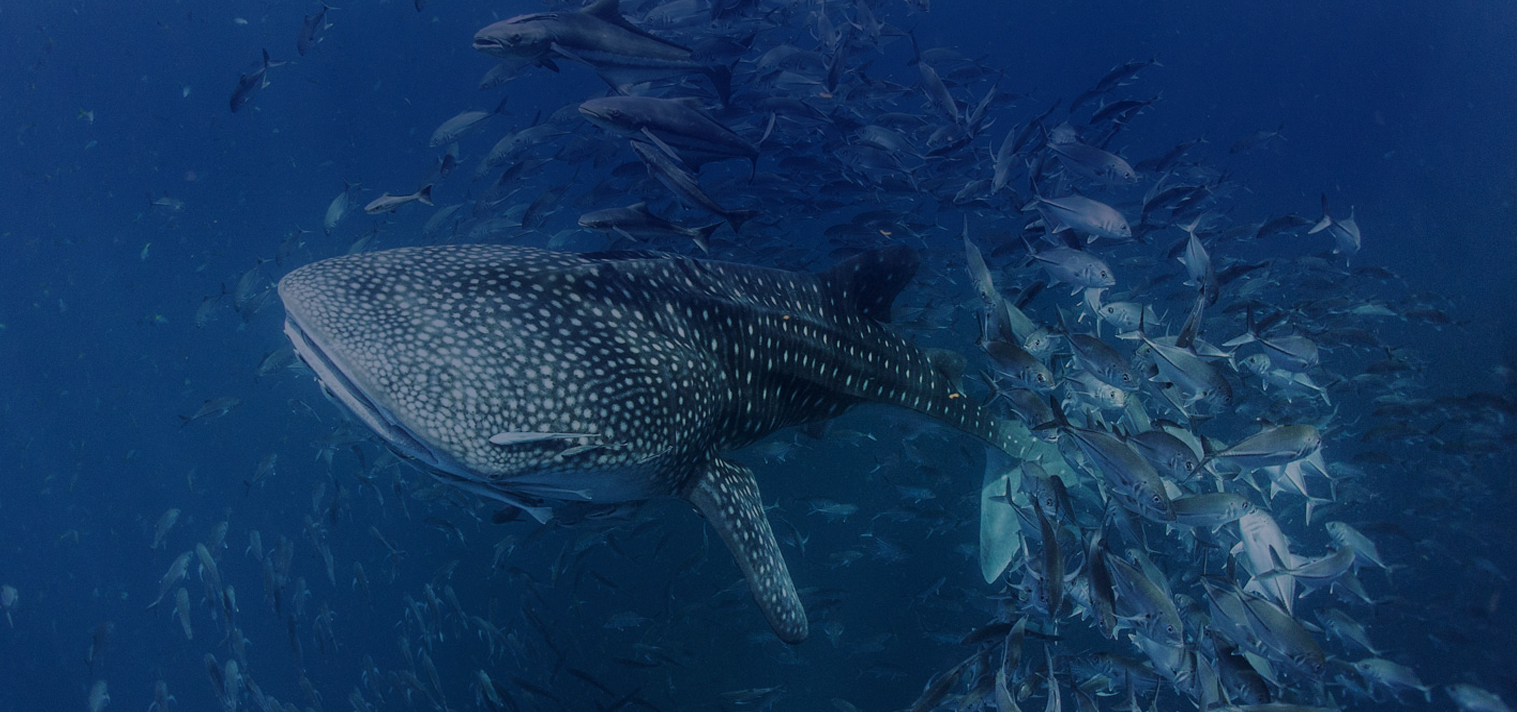The IOCARIBE ANCA Network held a regional workshop to strengthen national capacities in the use of the HAEDAT database, the global platform that records harmful algal bloom (HAB) events. The session provided a practical demonstration on how to enter, edit, and retrieve information, while highlighting the importance of improving the quality and consistency of data reported across the region.

2 décembre 2025
The IOCARIBE Regional ANCA Network hosted a virtual workshop dedicated to the practical use of the HAEDAT database, aiming to support Caribbean countries in the standardized reporting of harmful algal bloom events. The activity brought together national experts who learned about the platform’s key functions, its role within the global HAB information system, and the steps involved in submitting complete and accurate reports.
During the session, participants were guided through the essential components of HAEDAT and engaged in hands-on exercises to practice entering events, understanding mandatory fields, and reviewing data download and verification processes. The workshop also encouraged discussion on regional challenges, including the need for georeferenced information and complete environmental descriptions for each event.
The training emphasized the importance of strong inter-institutional coordination within each country to avoid duplicate entries and ensure continuity in annual reporting. Participants also reviewed recommendations to strengthen the role of national focal points and contribute to a more robust database that supports regional assessments and aligns with the upcoming relaunch of the platform.
IOCARIBE and the ANCA Network will continue working closely with Member States during 2026 to review active users, update access credentials, and support capacity development. This workshop represents an important step toward building a more prepared regional community with stronger tools for understanding and managing HAB events in the Caribbean.
By Alex Palomino
CURRENT NEWS ITEMS
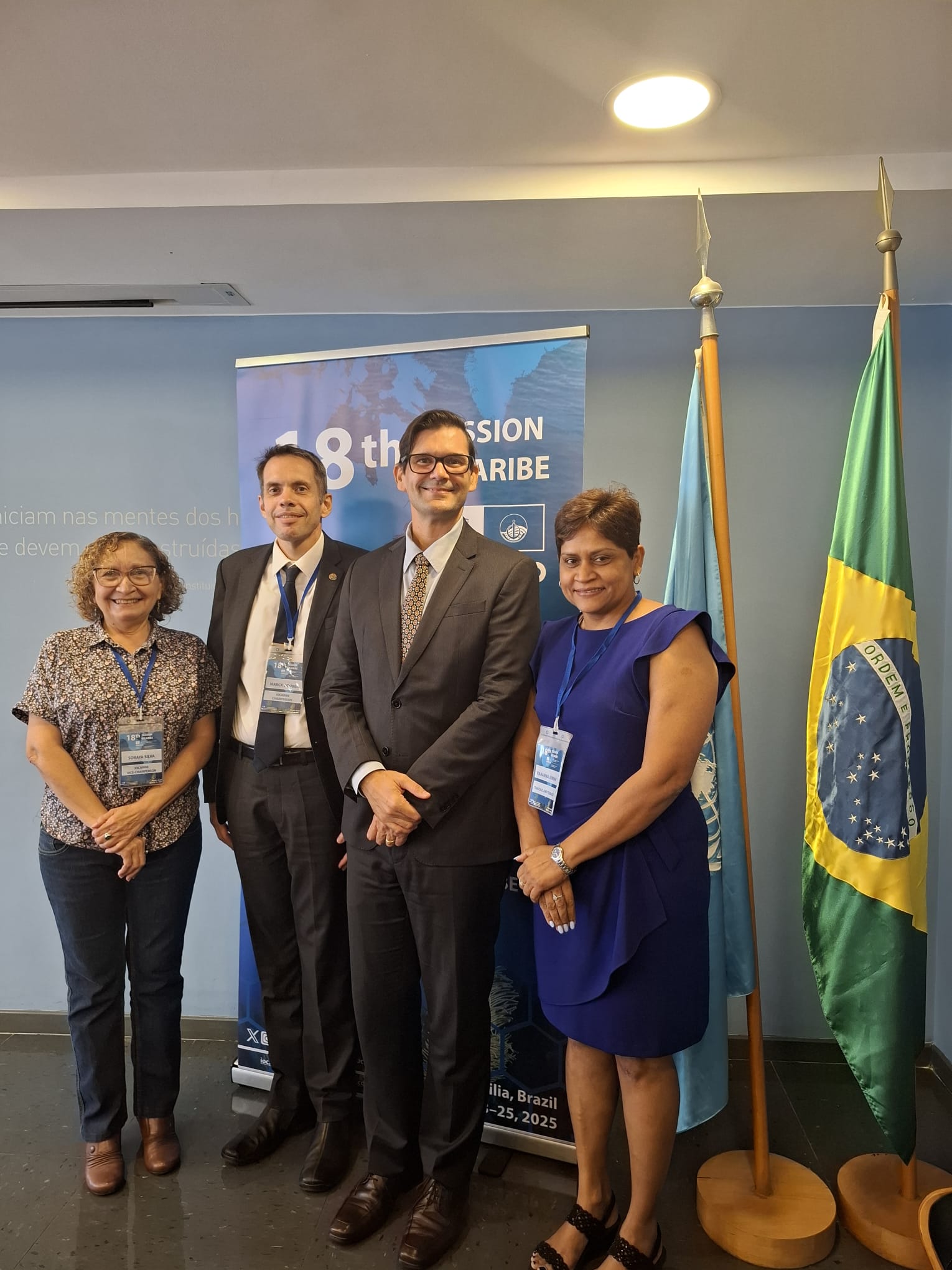
5 mai 2025
Dr. Juman serves as Deputy Director of the Institute of Marine Affairs (IMA), a government-funded marine research institution in Trinidad and Tobago.…
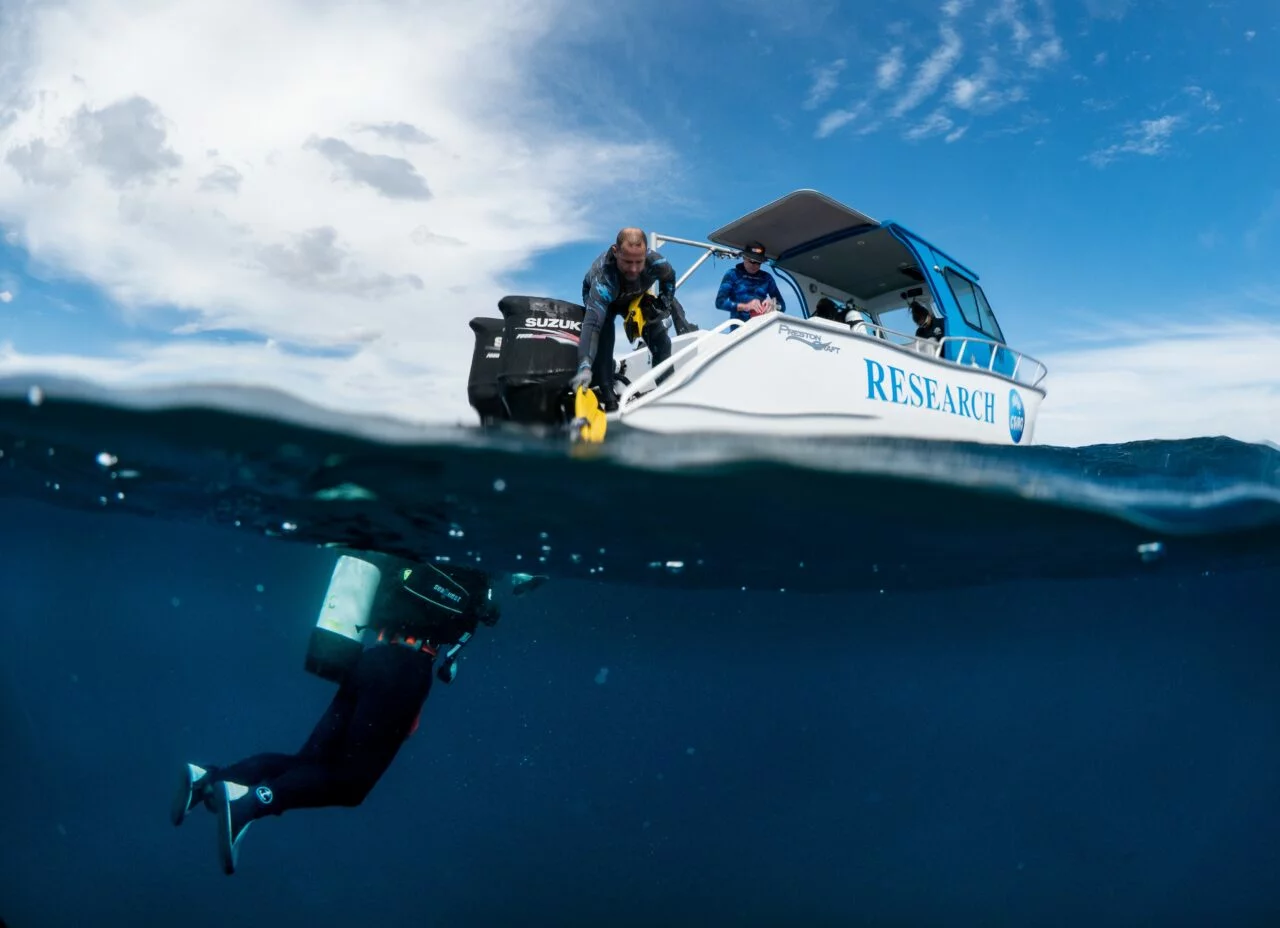
15 avril 2025
With the 2025 UN Ocean Conference on the horizon, the UN Decade of Ocean Science for Sustainable Development 2021-2030 (‘…
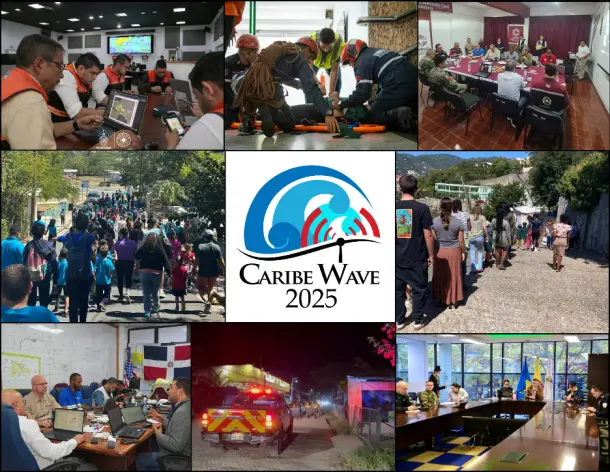
1 avril 2025
On 20 March 2025, close to half a million of people across 44 countries, territories, and Member States took part in CARIBE WAVE 2025 – one of the world’s largest tsunami simulation exercises.…
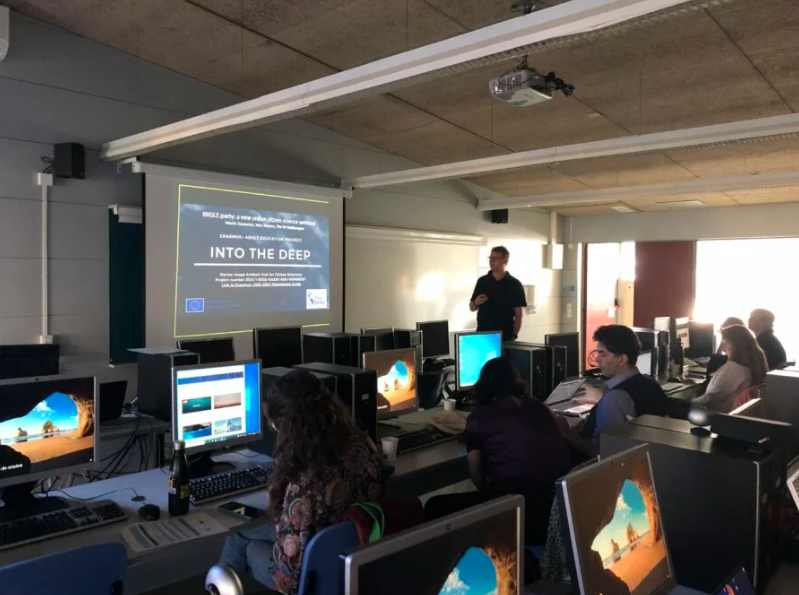
14 mars 2025
What is Into the Deep?
Into the Deep is an online learning and citizen science platform that invites participants, or citizen scientists, from around the…
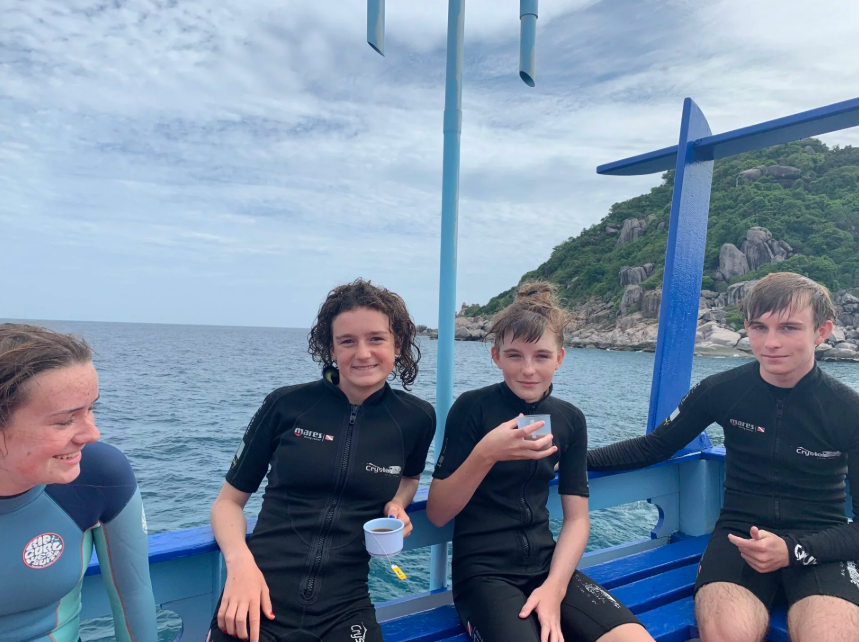
6 mars 2025
“I co-founded Heirs To Our Ocean when I was 12 years old because I saw a critical gap – youth were not being educated or empowered to address the growing threats to our ocean. Since then, I have…
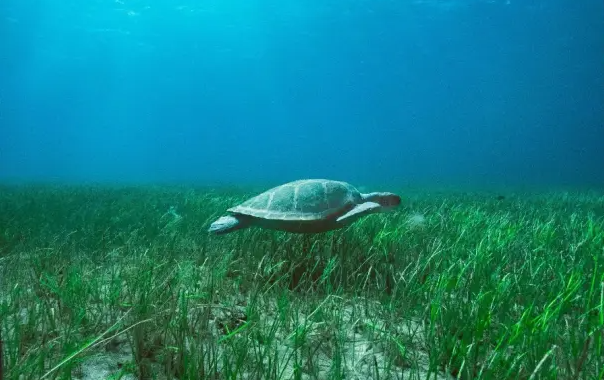
27 février 2025
A wide range of ecosystem services currently under threat
Seagrasses are marine flowering plants that are found in shallow coastal waters on every continent except Antarctica. Similarly…
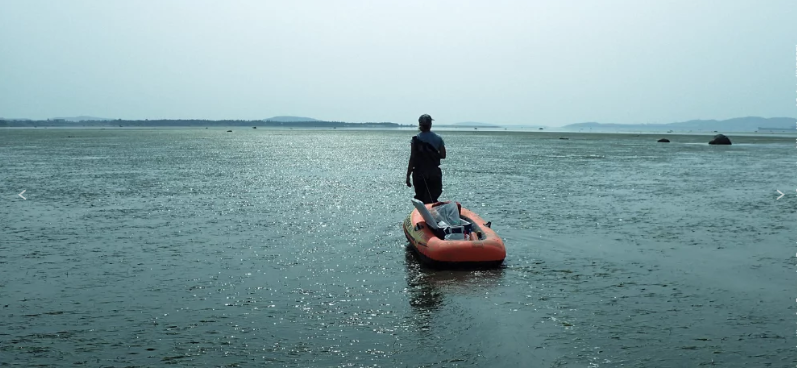
25 février 2025
Reviving Sydney Harbour: Transforming urban seascape
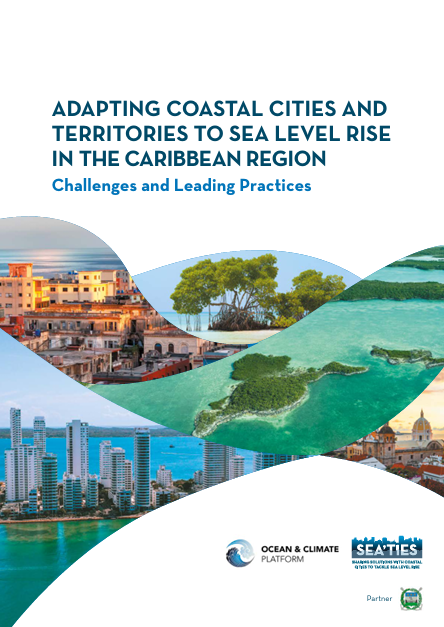
5 février 2025
Building long-term coastal resilience under chronic climatic stress
Coastal cities and territories in the Caribbean face a complex mix of climate and development challenges…
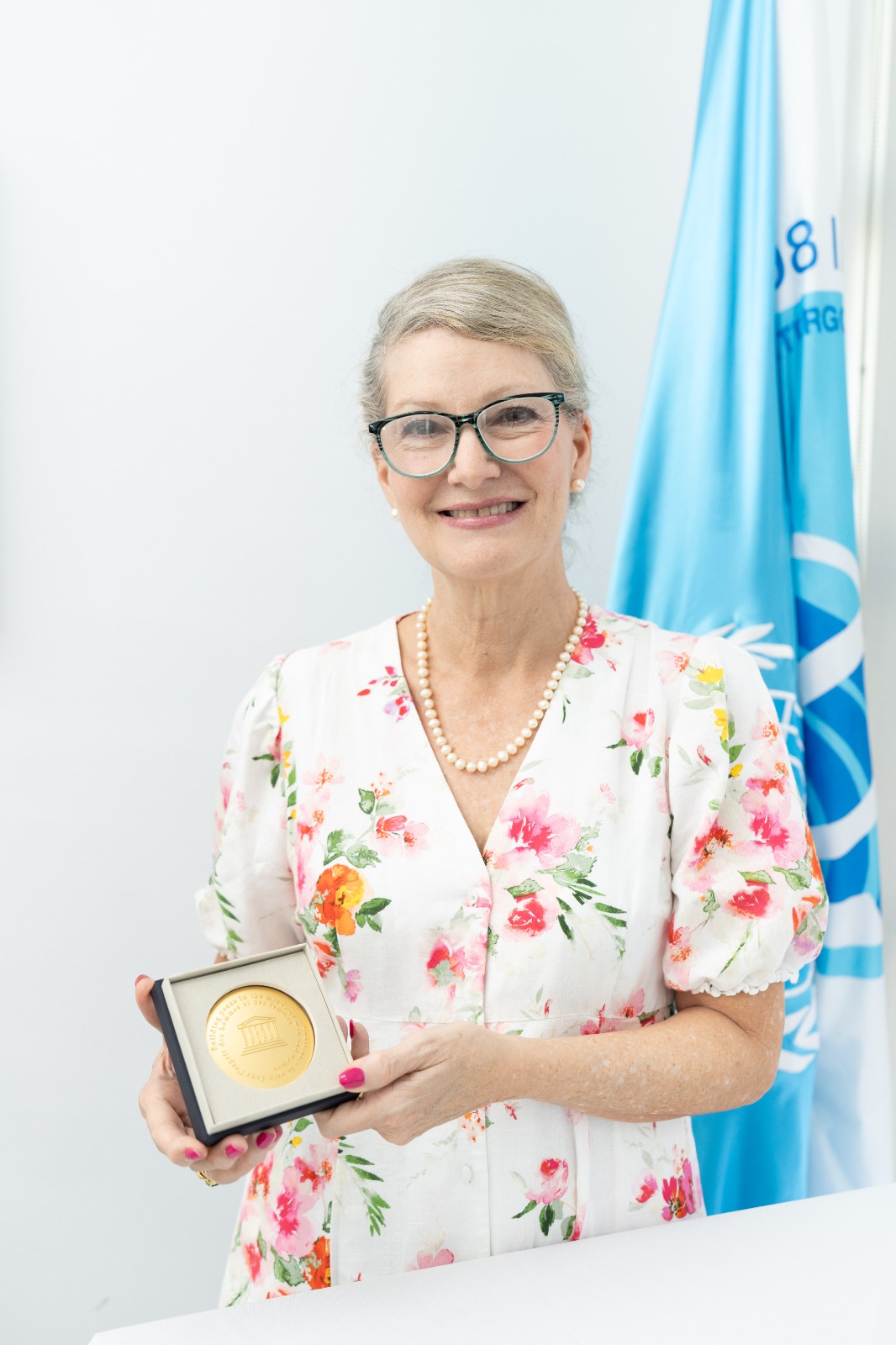
30 janvier 2025




